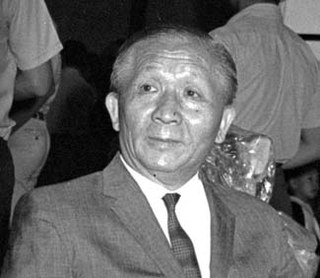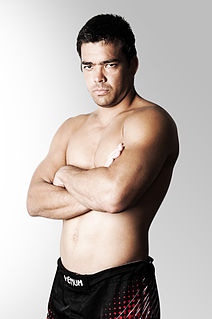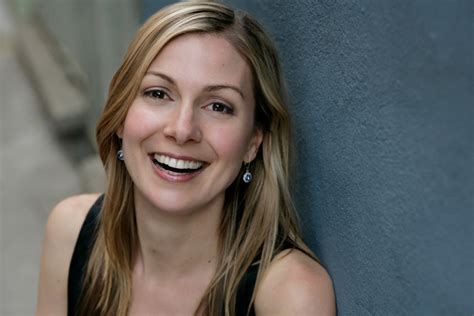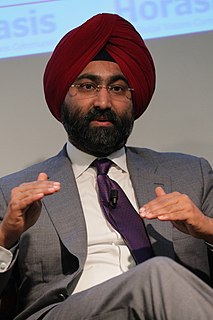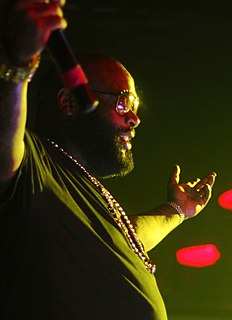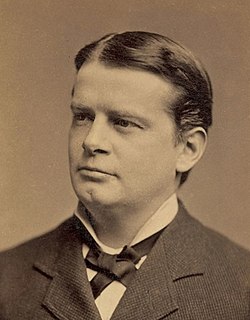A Quote by Shannon Lee
We preserve the legacy of my father through an education approach. We award scholarships. We do classes at schools about my father's philosophy and life.
Related Quotes
The Son is called the Father; so the Son must be the Father. We must realize this fact. There are some who say that He is called the Father, but He is not really the Father. But how could He be called the Father and yet not be the Father?... In the place where no man can approach Him (I Tim. 6:16), God is the Father. When He comes forth to manifest Himself, He is the Son. So, a Son is given, yet His name is called 'The everlasting Father.' This very Son who has been given to us is the very Father.
My father was a very tough guy with me and my brothers. He wanted to teach us a lot of discipline and life philosophy. As I became more interested in martial arts, he started teaching a lot of fighting philosophy and karate philosophy. While he was a tough father, he also knew when to be sweet and show a softer side.
There is too much fathering going on just now and there is no doubt about it fathers are depressing. Everybody now-a-days is a father, there is father Mussolini and father Hitler and father Roosevelt and father Stalin and father Trotsky and father Blum and father Franco is just commencing now and there are ever so many more ready to be one. Fathers are depressing. England is the only country now that has not got one and so they are more cheerful there than anywhere. It is a long time now that they have not had any fathering and so their cheerfulness is increasing.

